J. Safra Real Estate to Buy Historic Boston Landmark
This famous retail and office property dates back to 1827.
J. Safra Real Estate, the real estate arm of The J. Safra Group, will acquire Faneuil Hall Marketplace, Boston’s historic 365,000-square-foot retail and office complex. Ashkenazy Acquisition Corp. will sell the high-profile landmark.
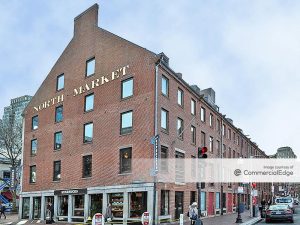
Ashkenazy closed on the acquisition of the 63-year ground lease for Faneuil Hall Marketplace from General Growth Properties back in 2011. The deal was valued at $140 million, according to Boston Globe. Ashkenazy also assumed the $98 million CMBS loan in the pool Banc of America Commercial Mortgage Trust, CommercialEdge data shows.
The long-term lease arrangement with the City dates back to the mid-1970s. The property is subject to a 99-year unsubordinated net ground lease held by Boston Planning & Development Agency, which will expire in 2074.
READ ALSO: What’s Ahead for Retail in 2024?
City officials have emphasized the need for physical improvements at the property—which were never properly addressed—since Ashkenazy first closed on the deal. Safra, however, has had encouraging discussions with BPDA regarding the series of upgrades the Marketplace needs. These upgrades could cost as much as nearly $45 million, Boston Globe reported.
The mixed-use property comprises Quincy Market, the North Market building and the South Market building, as well as an outbuilding with a Sephora store. More than 200,000 square feet of retail space at Faneuil Hall Marketplace are leased to some 80 tenants including Starbucks, Wagamama, Build-A-Bear, Ben & Jerry’s, Urban Outfitters, Black Label Boston, Coach and Kate Spade, among others.
History of a national landmark
Located on the city’s historic Freedom Trail, the Faneuil Hall Marketplace complex has anchored downtown Boston since 1827. The retail destination received its name from the adjacent Faneuil Hall, which is actually not part of the property.
Built in 1742, Faneuil Hall served as meeting space and permanent central marketplace. Due to Boston’s rapid population growth, in 1826 the Hall was expanded to include Quincy Market, with the construction of the South Market and North Market buildings completed a year later.
In 1976, Mayor Kevin White, Jim Rouse and architect Benjamin Thompson envisioned a remodeling plan for the historic property, plan that was considered an urban renewal success. That same year, nearly 160,000 square feet of the complex were repurposed to office use, according to CommercialEdge.
Due to its history and location in the heart of Boston, Faneuil Hall Marketplace is considered to be one of the city’s top attractions and one of the top 10 tourist destinations in the U.S., receiving millions of visitors annually.


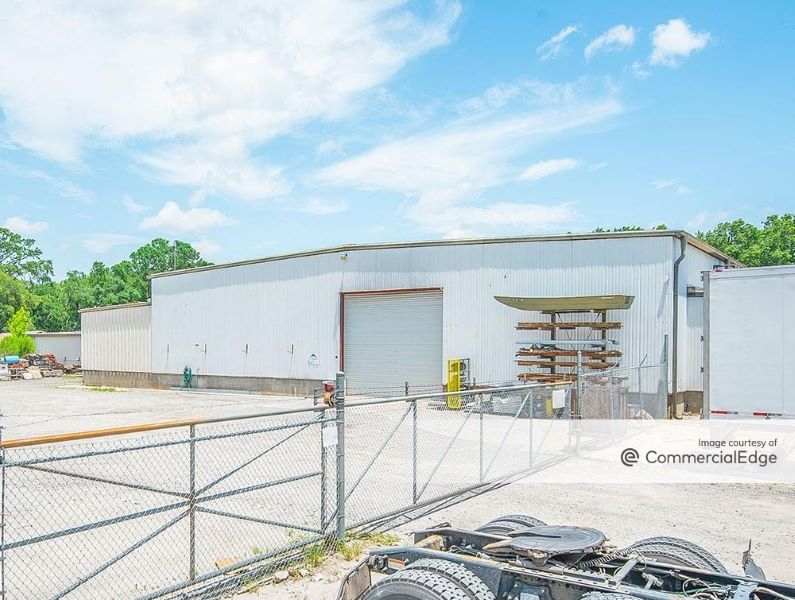
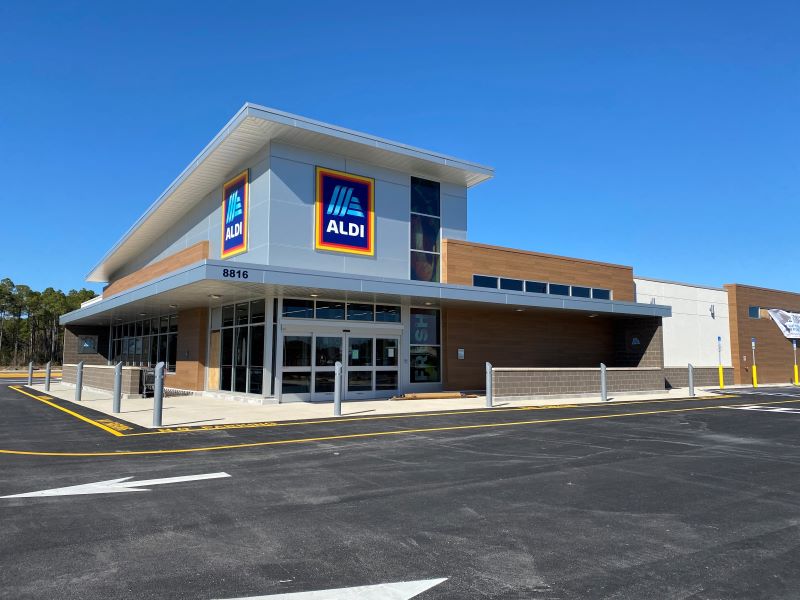
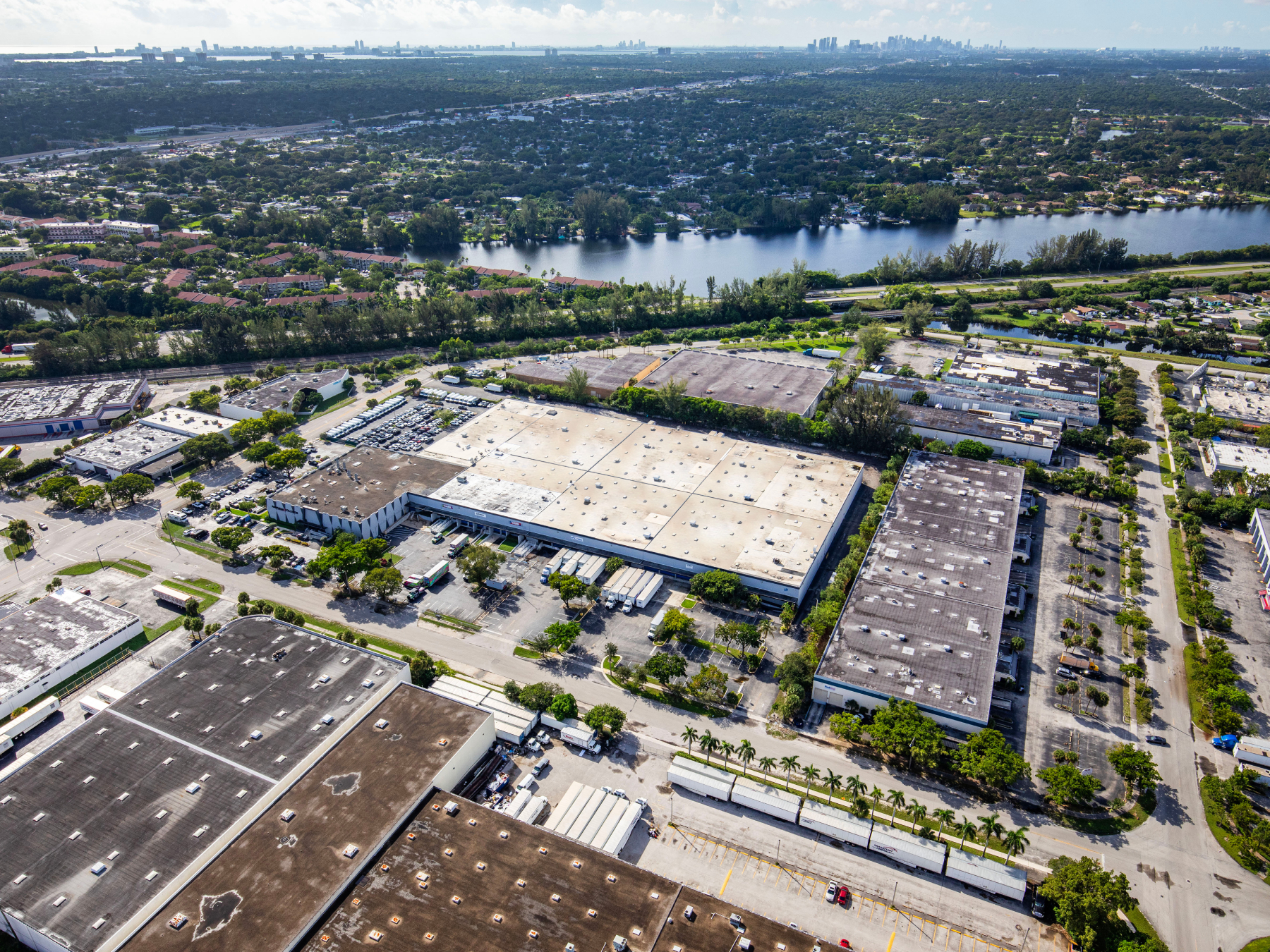
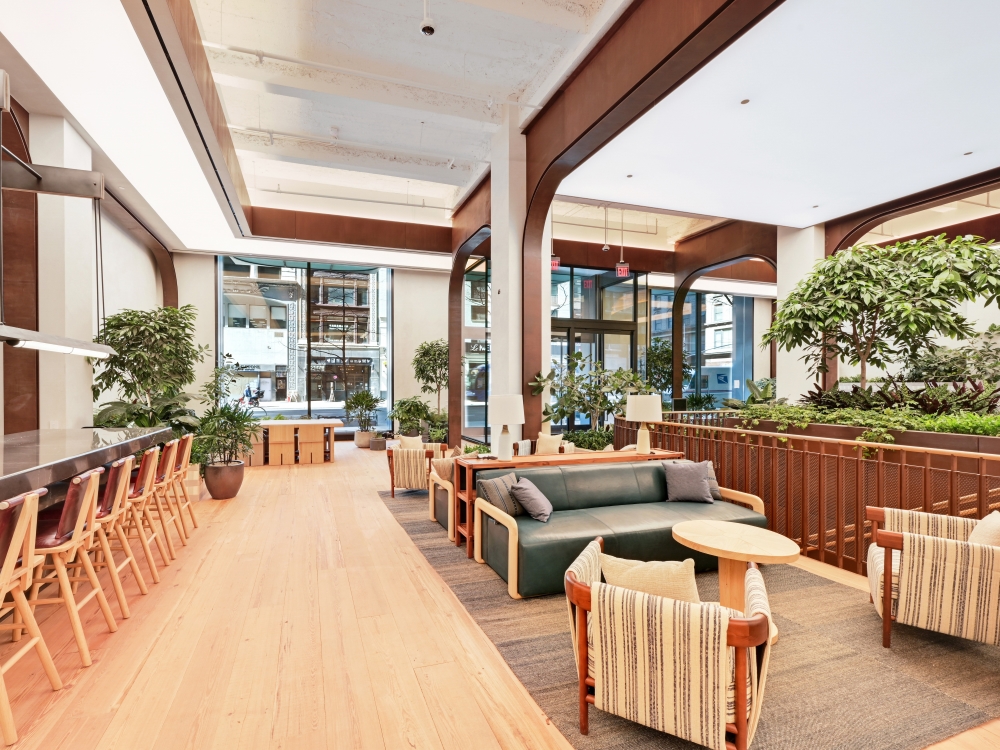
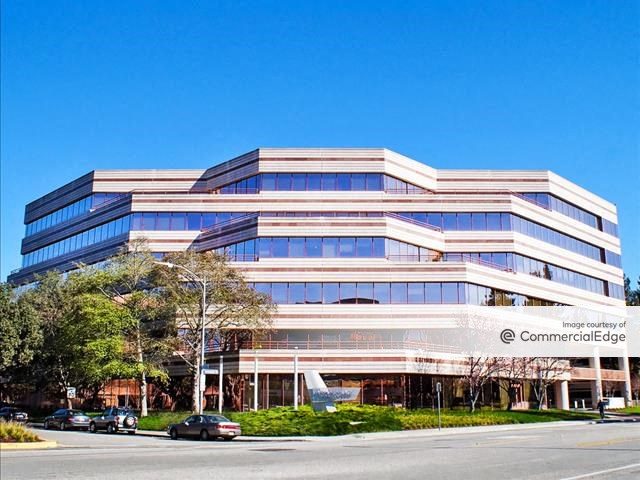
You must be logged in to post a comment.